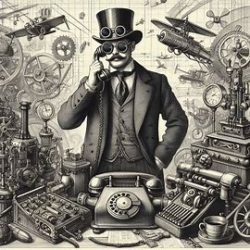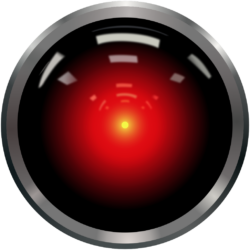To provide the best experiences, we use technologies like cookies to store and/or access device information. Consenting to these technologies will allow us to process data such as browsing behaviour or unique IDs on this site. Not consenting or withdrawing consent, may adversely affect certain features and functions.
The technical storage or access is strictly necessary for the legitimate purpose of enabling the use of a specific service explicitly requested by the subscriber or user, or for the sole purpose of carrying out the transmission of a communication over an electronic communications network.
The technical storage or access is necessary for the legitimate purpose of storing preferences that are not requested by the subscriber or user.
The technical storage or access that is used exclusively for statistical purposes.
The technical storage or access that is used exclusively for anonymous statistical purposes. Without a subpoena, voluntary compliance on the part of your Internet Service Provider, or additional records from a third party, information stored or retrieved for this purpose alone cannot usually be used to identify you.
The technical storage or access is required to create user profiles to send advertising, or to track the user on a website or across several websites for similar marketing purposes.
 According to a new study published by Netskope, regulated data (data that organisations have a legal duty to protect) makes up more than a third of the sensitive data being shared with generative AI (genAI) applications—presenting a potential risk to businesses of costly data breaches. The new Netskope Threat Labs research claims to reveal that three-quarters of businesses surveyed now completely block at least one genAI app, which reflects the desire by enterprise technology leaders to limit the risk of sensitive data exfiltration. (more…)
According to a new study published by Netskope, regulated data (data that organisations have a legal duty to protect) makes up more than a third of the sensitive data being shared with generative AI (genAI) applications—presenting a potential risk to businesses of costly data breaches. The new Netskope Threat Labs research claims to reveal that three-quarters of businesses surveyed now completely block at least one genAI app, which reflects the desire by enterprise technology leaders to limit the risk of sensitive data exfiltration. (more…)
























 New research from
New research from 







July 16, 2024
Why a ‘listening culture’ could do more harm than good
by Victoria Lewis-Stephens • Business, Comment, Workplace